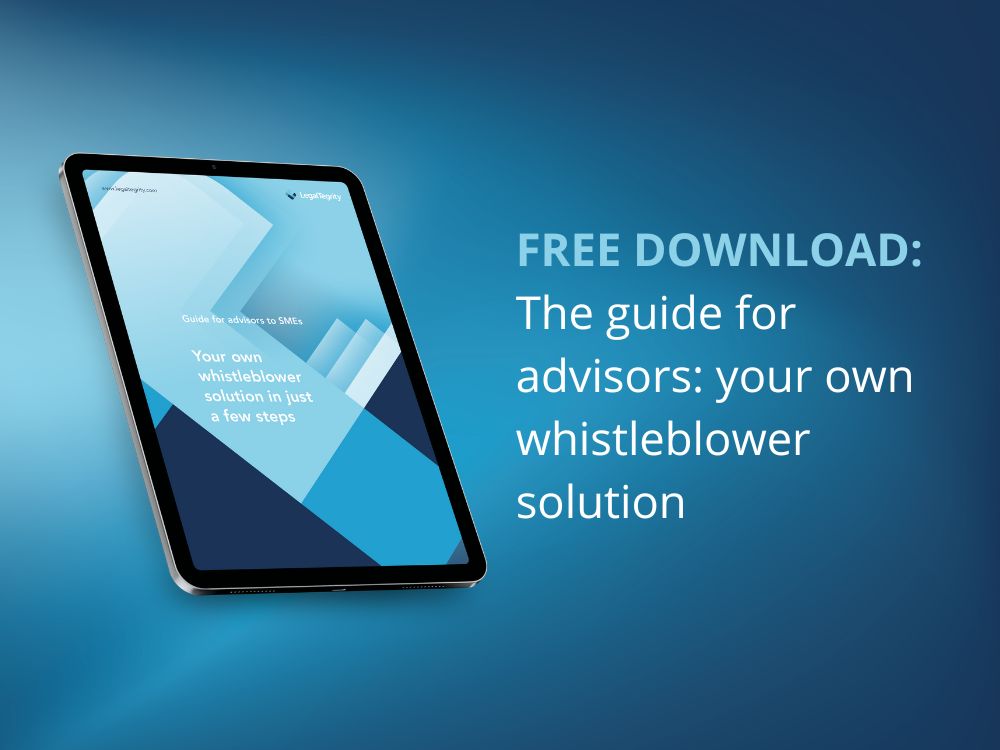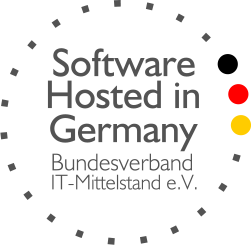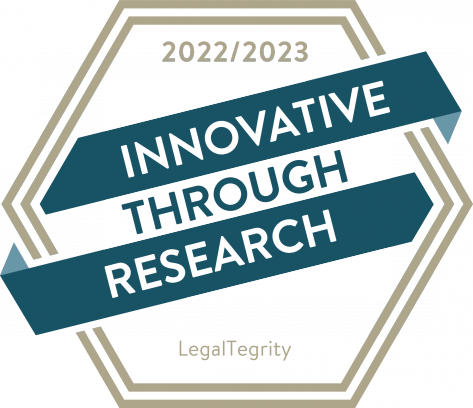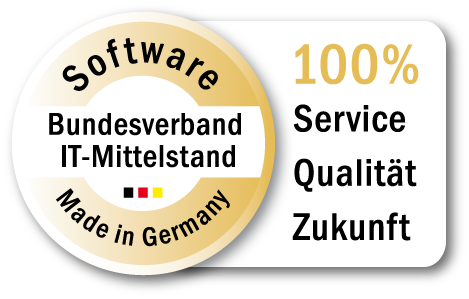Why the combination makes sense for legal experts!
Do you already have a legal tech strategy? Are you already on your way “into the cloud” or are you still at the starting point? As a lawyer, auditor or compliance advisor, you have mastered the advisory business. Compliance is not a strange word for you, but a terminology from your professional mother tongue. But in the times of digitalisation, Industry 4.0, Software as a Service, mobile working, secure clouds, etc., just using an iPhone and knowing Microsoft Office and Co. are no longer sufficient. The use of digital, benefit-creating helpers is becoming a must-have in daily work. In the following, you will learn how to proceed correctly so that you don’t lose track.
What is meant with legal tech?
Legal tech is short for legal technology. The term describes the combination of law and digital technology. It includes all digital tools that are used in connection with legal work processes. The purpose is to facilitate or automate the handling of or access to law. Ultimately, the aim is to do the substantive work as an advisor faster, more cost-effectively and less error-prone.
1.0 – Supporting work through IT-based technology
- Digital files instead of paper collections
- Managing documents
- Editing documents (collaboration)
- Subject databases/online research
- Webinars/E-Learning
- Spend management
- Office organisation
2.0 – Advanced automation techniques
- Automatic creation of documents
- Automatic analysis of documents
- E-discovery of data
- Verification of claims (e.g. Flightright)
- Special applications for different areas of expertise (e.g. compliance consulting)
3.0 – Use of Artificial Intelligence (AI)
- Smart Contracts
- Blockchain technology
- Automatic evaluation of machines
- Predictive analytics – e.g. the prediction of risks (compliance prediction)
Studies show: There is an urgent need to improve!
Among lawyers, legal tech is less widespread in advisory services in comparison to the legal departments and compliance offices of companies.
Corporate lawyers estimate that in five years’ time around 40 percent of their daily work will be supported by legal tech. For lawyers, however, the picture looks different. Wolters Kluwer’s Future Ready Lawyer study on the future of the legal market highlights two key findings:
- There is a significant delta between expectations and implementation. Less than a third of lawyers are actually well prepared.
- Clients increasingly expect the use of technology to work more productively and efficiently.
What applies to lawyers similarly applies to auditors, tax advisors and other compliance advisors. So far, developments on the topic have been strongly driven by the companies. But you as compliance advisors must not remain standing still.
In this respect, the consultancy market is in a state of upheaval. Some compliance consultants have already developed corresponding solutions for their clients and customers, such as in data protection management as an outsourcing model. In the course of the implementation of the GDPR, a variety of external IT solutions were provided in combination with advisory services – from a model directory of procedures to a ticket system for privacy incidents to reporting with smart dashboards. In other areas of consulting, legal tech solutions have also established themselves in isolated cases, as we will show you below with examples.
What do the courts say about legal tech?
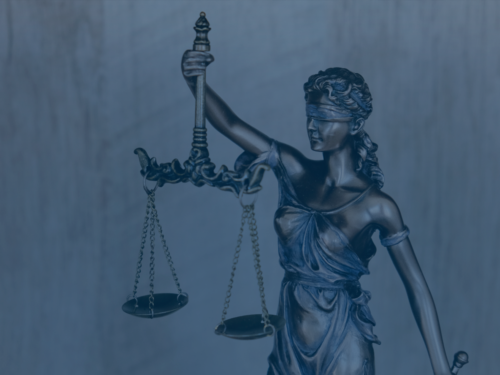
Legal issues concerning the digitalisation of lawyers’ work are already the subject of court decisions. The jurisprudence deals with business models of non-lawyer providers, predominantly for consumers, which in some way use automated, typically algorithm-based procedures to process cases. In cases such as an online service for the assertion of claims arising from the rent (price) control (wenigermiete.de), the judges examined whether the non-lawyer legal tech business models are compatible with the Legal Services Act.
Landmark decisions have been scarce so far. This is because, as a rule, the focus is on formal questions such as the legitimacy of the plaintiffs, and less on the exciting details of the specific solutions. Incidentally, the court cases reflect a palpable uncertainty in the advisory industry: How much legal tech is permissible and sensible? Will the new solutions end up completely replacing advisory services? That is not foreseeable at the moment. Rather, this area offers diverse supplements to compliance advice, as you can read below.
How this changes the compliance consulting process
Compliance consulting is about setting up and further developing risk-appropriate and effective systems. As a consultant, you help your clients and customers to design tailor-made compliance measures. The spectrum of consulting ranges from risk analysis to the design of the code of conduct, the conception and implementation of trainings to the processing of indications of compliance violations, the planning of educational activities and the audit itself as well as the reporting to the management boards and supervisory boards.
Which aspects of compliance consulting are close to legal tech? And what influence does the field have on compliance consulting? The important areas of application in which legal tech already plays a central role are, for example:
- Policy Management
- Digital files
- E-learning and micro-learning
- Business partner audits and know-your-customer checks
- E-discovery for internal audits
- Online platforms for whistleblowing systems
Digital systems have so far primarily been maintained by DAX-listed groups and other large companies. Increasingly, however, legal tech solutions are also being tailored to the needs of medium-sized companies or new products are coming onto the market. SMEs, on the other hand, usually do not have a legal or compliance department that takes care of innovations in the legal field. This is your opportunity as an advisor to serve your medium-sized clients and customers through competent advice combined with functional legal tech services.
What are the benefits and risks of legal tech solutions for you as an advisor?
The use of such innovative solutions brings you numerous advantages as a compliance advisor. Nevertheless, you also have to consider some risks.
The advantages for you as a compliance advisor: You can…

- make processes more efficient.
- improve the flow of information.
- optimise costs.
- ensure transparency and traceability of your own services.
- create additional added value for your clients.
- increase client and customer loyalty.
- no longer offer (only) individual services, but also scalable products.
- save time for higher-value activities.
- be an exciting employer for the generation of digital natives with modern IT solutions and thus attract potential new, highly qualified employees.
The potential risks of introducing legal tech:

- One-off and ongoing costs
- Time required to implement and operate the solution
- Meeting internal and external quality expectations
- Ensuring the security of the IT systems
Data protection and security for new solutions
IT security and data protection are elementary in the selection of an IT-supported system. This is because as a rule in compliance counselling, the relevant information and data are not just sensitive, but very sensitive to strictly confidential. Protection against cyber attacks is just as important as an authorisation concept or a solution anchored in the IT system itself that does not allow administrators to access strictly confidential information. If the solution does not offer enough security, then there is a risk of a considerable loss of trust among clients and customers.
Which legal tech trends are particularly relevant for you as a compliance advisor?
Working and communication behaviour has changed greatly with generations X, Y and Z.

Nowadays, efficient communication in IT systems naturally includes collaborative exchange, such as with Microsoft Teams or Slack. Attachments may still be sent by e-mail. Otherwise, communication by email is “out”. Chatting, chat bots, talk bots etc. are the communication solutions in demand. A legal tech product must have these features.
To be able to work flexibly and mobile, cloud-based products are the new standard. Years ago, there was fear of outsourced IT applications. This has now changed with very well-secured and yet high-performance cloud solutions. Numerous professional IT service providers in Germany and other EU countries can ensure excellent and affordable hosting. Caution is advised with providers outside the EU, for example from the USA or even China, due to concerns about data protection and data security.
How it works: Your 6-step guide for using legal tech as a compliance advisor
With the use of legal tech, you will be perceived as a better advisor by your clients and customers. Whether you are planning to use a new product or are at the beginning of strategic considerations, this is how you should proceed:
Step 1: Need for action and motivation
First of all, you need to make a fundamental decision together with your partners: How much time and financial resources do you want to invest in innovation in the legal sector? Do you want to use innovation in serving your clients and customers? Or is there a need for action in the internal processes?
Step 2: The baseline
Analyze your status quo. Does your inventory show that you already use legal tech? Do you know what your employees and also your clients and customers want in terms of digital solutions? Ask your employees. Arrange interviews with your clients and customers and understand their wishes and needs.
Step 3: The Legal tech strategy
Set a strategy for what you want to achieve. What are the goals? Are you looking for a smart solution for the advisory business for the benefit of your clients and customers? More turnover in compliance advisory? Or are you looking for fundamental changes in internal processes? What are the most important milestones on the way to introducing a new tool?
Step 4: The project setup
Define clear tasks and responsibilities. Assign the project management to a suitable person. This person should have an affinity for digital products and good organisational skills.
Step 5: The market analysis
Get an overview of the market (for example, in the compliance area for whistleblowing solutions). What is the right solution to achieve the goals you have defined? Are there already standard solutions? Are they GDPR-compliant and do they meet the required high standards of IT security? Or do you need to develop a new, specific product for your needs?
Step 6: The implementation
Get started. The introduction of legal tech requires agile action. Don’t wait too long. Don’t search too hard. Do dare to start and then continuously monitor whether they are still on the planned track.
Conclusion: Without legal tech you will lose the competition!
Now you know what legal tech and compliance have in common and what you need to do to score points with your clients and customers as a compliance advisor by using such solutions. Take a look at the advantages and disadvantages of the IT solutions that are interesting and relevant to you. If you have not yet developed a strategy, now is certainly the time to select suitable IT systems to support and enrich your advisory services. Our 6-step guide offers you good assistance for this.



